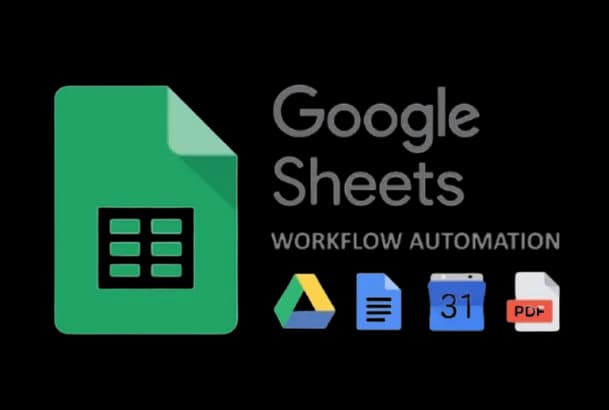No Gimmicks,
No Templates,No Templates,
No Fake Commitments,
Actual work, manual to
Massive — AutomationMassive — Automation
Transform your business operations with intelligent automation and custom-built web applications that actually deliver results.
We help you streamline processes, reduce manual work, and scale efficiently with smart technology solutions.
SMART ITBOX - Your Business Process automation Partner...
Automated Workflows
Active Integrations
Hours Saved Daily
Client Satisfaction %

Web Design
Web design usually refers to the user experience aspects of website development rather than software development.
Digital Transformation
Digital transformation is the incorporation of computer-based technologies into an organization's products, processes and strategies.
Comprehensive Business Process
Automation
Streamline, simplify, and scale your operations with tailored automation solutions.
At SMART ITBOX, we specialize in building end-to-end business systems using Google Sheets–based automation and custom Web Apps. Our solutions are designed to bring efficiency, accuracy, transparency, and control to your core business processes—helping you reduce manual effort, eliminate errors, and scale operations with confidence.
Whether you're managing inventory, sales, Market Survey, or client onboarding — we make your business smarter, faster, and future-ready.


Business Automation & Custom Software Solutions
Core Offerings
Transform your business with intelligent automation
Google Sheets Automation
- Automate manual workflows using Google Apps Script
- Real-time data sync between sheets, dashboards, and forms
- Auto PDF generation, email triggers, data imports/exports
- Custom ERP & MIS Systems
- Tailored ERP solutions for SMEs and manufacturers
- Modules: Order Management, Inventory, Purchase, Sales, Dispatch, HR, etc
- WhatsApp API Integrations
- Auto-replies, lead capture, reminders, and notifications via WhatsApp
- Integration with Google Sheets or your own CRM
Dynamic Web Applications
- Modern websites and dashboards using React.js, Next.js, and Node.js
- Admin panels with real-time control and reporting
- Field Team Automation Tools
- Sales activity tracking, quotation flow, customer follow-up tools
- Mobile-friendly for field reps and distributors
Voice-to-Text Automation
- Convert WhatsApp voice messages into structured text using Google Cloud Speech-to-Text
- PDF & Excel Document Automation
- Create and send formatted invoices, job cards, quotations dynamically
3K+
Successful Project
20+
Experienced Team
150+
Happy Customers
50+
Client 5 Star Review
Boost your Business Growth with
excellent effective services
Google Sheet Automation
Unlock the full potential of your business operations with powerful, customized workflow automation built on Google Sheets.
WhatsApp API Integration
Email Integration
Web App Development


Our Working Process
Faster And Easier
Our structured 7-step methodology ensures your project is delivered with precision, efficiency, and exceptional quality at every phase of development.
Requirement Gathering
We begin by understanding your business needs, workflows, pain points, and the goals you want to achieve with the web app.
Planning & Wireframing
We create a visual outline (wireframe) of the application to map out key features, user journeys, and how the data will flow.
Design
Clean, responsive, and intuitive UI/UX design that ensures your web app is easy to use across devices.
Development
We build your custom solution using the latest web technologies, with smart integration of tools like Google Sheets, APIs, WhatsApp, email, and more.
Testing & Feedback
The app goes through rigorous testing to ensure functionality, speed, and security — followed by client feedback and revisions.
Deployment
We host and deploy your web app, ensuring it is live, stable, and ready for users.
Training & Support
We provide complete walkthroughs, documentation, and ongoing support to help your team get the most out of your new system.

